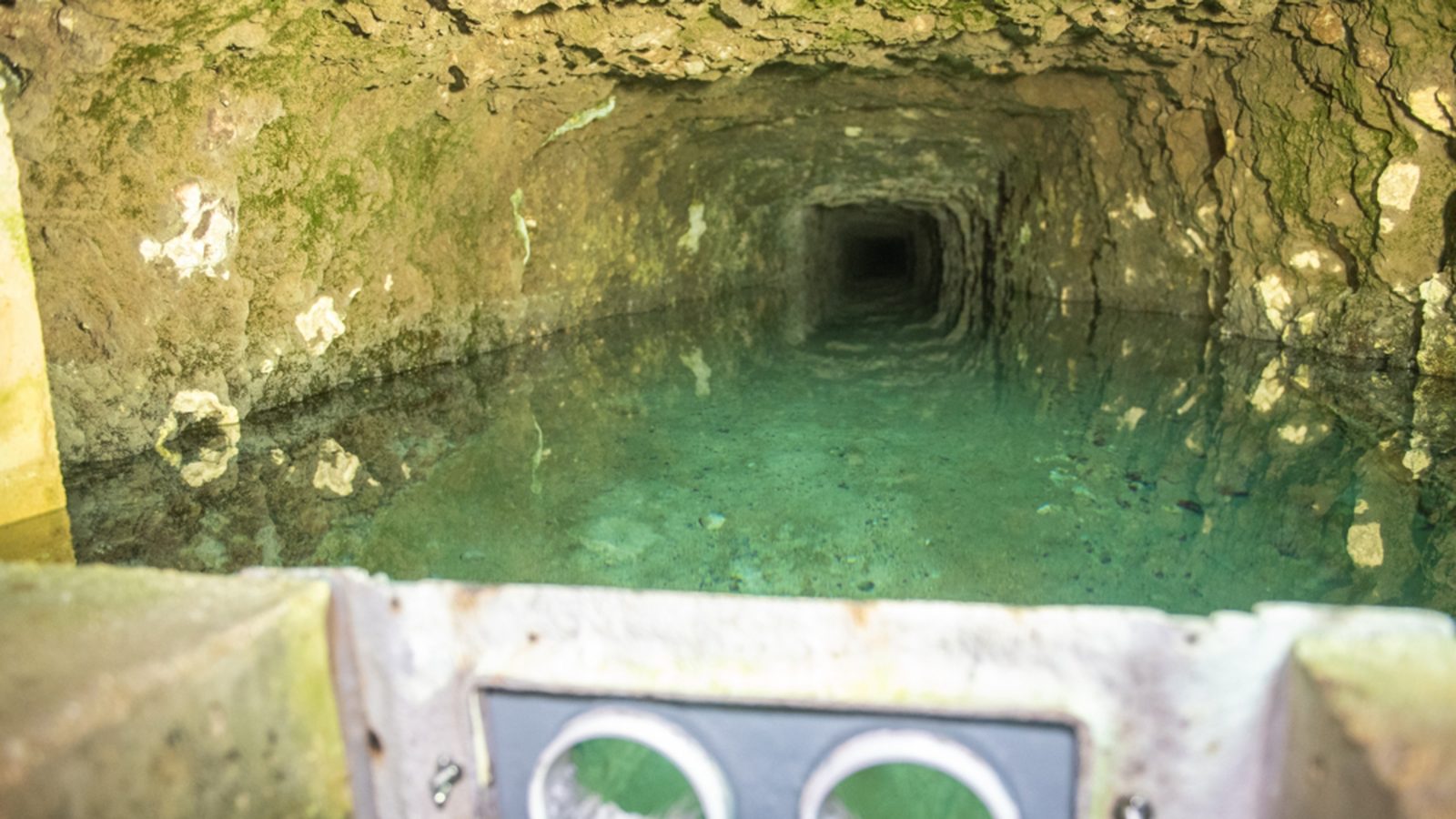Malta’s Tariff System on Groundwater

The Maltese government is set to introduce a revolutionary tariff system on groundwater abstraction through boreholes, accompanied by substantial incentives for users transitioning to more sustainable water sources. Despite persistent warnings from hydrologists regarding the depletion of Malta’s salinised groundwater, abstraction has remained unregulated and unbilled for decades.
The green paper issued for public consultation proposes an unprecedented tariff system based on the volume of water abstracted from the water table. This marks a significant departure from previous regulatory measures, including registration schemes in 1997 and 2008, which provided borehole owners with a one-time chance to regularize their status.
While the exact tariff is yet to be quantified, the proposal aims to utilize it as a deterrent while offering rebates and quotas as incentives to shift farmers and commercial operators towards more sustainable water sources. The intent is clear: to discourage the use of groundwater for domestic purposes and promote alternatives like the Water Services Corporation (WSC).
Implications for Domestic Users
Domestic users relying on boreholes for activities like watering lawns or filling swimming pools will face a tariff higher than that applied by the WSC for tap water. This move seeks to make tap water a more attractive and sustainable alternative, challenging the notion that groundwater abstraction is a cheaper option.
Notably, the green paper is silent on the regulation of water carriers or bowsers, raising questions about whether they will also be subject to commercial rates. This ambiguity leaves room for speculation on the overall impact on the water supply industry.
Agriculture Sector Reforms
Agriculture, accounting for 76% of Malta’s groundwater use, faces significant changes. Each farming operation will receive an allocated quota, determined by factors such as land area, crop types, and environmental considerations. Farmers will be charged only if they exceed this quota, with a volumetric rate set close to the real cost of groundwater.
Encouragingly, farmers have the option to utilize New Water, treated wastewater, within their quota, providing a cost-effective and sustainable alternative. This aligns with the broader goal of minimizing reliance on groundwater.
Despite the potential benefits of New Water, the green paper acknowledges its limited availability, addressing only a fraction of the agricultural sector’s water demands in 2022. This emphasizes the need for a comprehensive and sustainable approach to water resource management.
Commercial Sector Dynamics
Concrete plants and water bottlers will face full charges for groundwater abstraction. However, businesses implementing water management plans stand to benefit from a 25% rebate on annual costs. This rebate is contingent on a certified 3-year water management plan approved by the Energy and Water Agency, promoting responsible water use within the commercial sector.
Small and Medium-sized Enterprises (SMEs) will receive free water consumption audits from the Energy and Water Agency, emphasizing optimization and reduced dependence on groundwater. Non-SMEs will also receive financial support for undertaking these audits, signaling a commitment to fostering sustainable practices across various business scales.
Existing Challenges and Future Permits
With 245 registered boreholes for commercial activities in Malta, the green paper addresses concerns about unlicensed boreholes potentially limiting the effectiveness of the proposed regulations. While details remain unclear on whether unregistered borehole owners will be granted amnesty, the green paper mentions the establishment of a new permitting system led by the Environment and Resources Authority (ERA).
The proposed system includes the issuance of permits with conditions for fixed periods and the publication of a publicly available register of groundwater abstractors. Additionally, borehole owners will be required to display a visible license plate near the abstraction point for better enforcement.
Conclusion
Malta’s proposed water regulation marks a significant stride toward sustainable water management. Balancing tariffs with incentives, the government aims to protect vital groundwater resources. As stakeholders await further details and clarification, the potential impact on various sectors underscores the need for a collaborative effort in safeguarding Malta’s water future.
FAQs:
Will domestic users be charged for groundwater abstraction for activities like filling swimming pools?
Yes, a tariff higher than that for tap water is proposed to disincentivize domestic groundwater use.
How will farmers be affected by the new regulations?
Farmers will receive an allocated quota of free water, and charges apply only if they exceed this quota.
What incentives do businesses in the commercial sector have for responsible water use?
Businesses with certified 3-year water management plans can avail a 25% rebate on annual groundwater abstraction costs.
Are SMEs eligible for any support in optimizing water consumption?
Yes, SMEs will receive free water consumption audits from the Energy and Water Agency.
Will the proposed tariffs apply to Water Services Corporation-operated groundwater sources?
No, the tariffs won’t apply to the WSC as it moves towards a net-zero impact on groundwater.
What is the role of the Environment and Resources Authority (ERA) in the new regulations?
ERA will lead a new permitting system, issuing permits with conditions and maintaining a publicly available register of groundwater abstractors.
How does the government plan to address unlicensed boreholes?
The green paper suggests a new permitting system and publicly available register to regulate groundwater abstraction.
Is New Water a viable alternative for farmers within their allocated quota?
Yes, New Water is encouraged as a sustainable alternative within allocated quotas, provided at no charge.
What is the Energy and Water Agency’s role in supporting water audits for non-SMEs?
Non-SMEs will receive unspecified financial support for undertaking water audits, emphasizing responsible water use.
How does the proposed tariff for domestic users compare to the Water Services Corporation’s rates?
While specific rates are yet to be disclosed, the tariff for domestic users is expected to be higher than that of the Water Services Corporation, promoting tap water as a more sustainable alternative.
Recommended Posts

Financial Aspects of Doing Business in Malta
July 26, 2024

The Rise of Digital Banking Solutions in Malta
July 24, 2024




